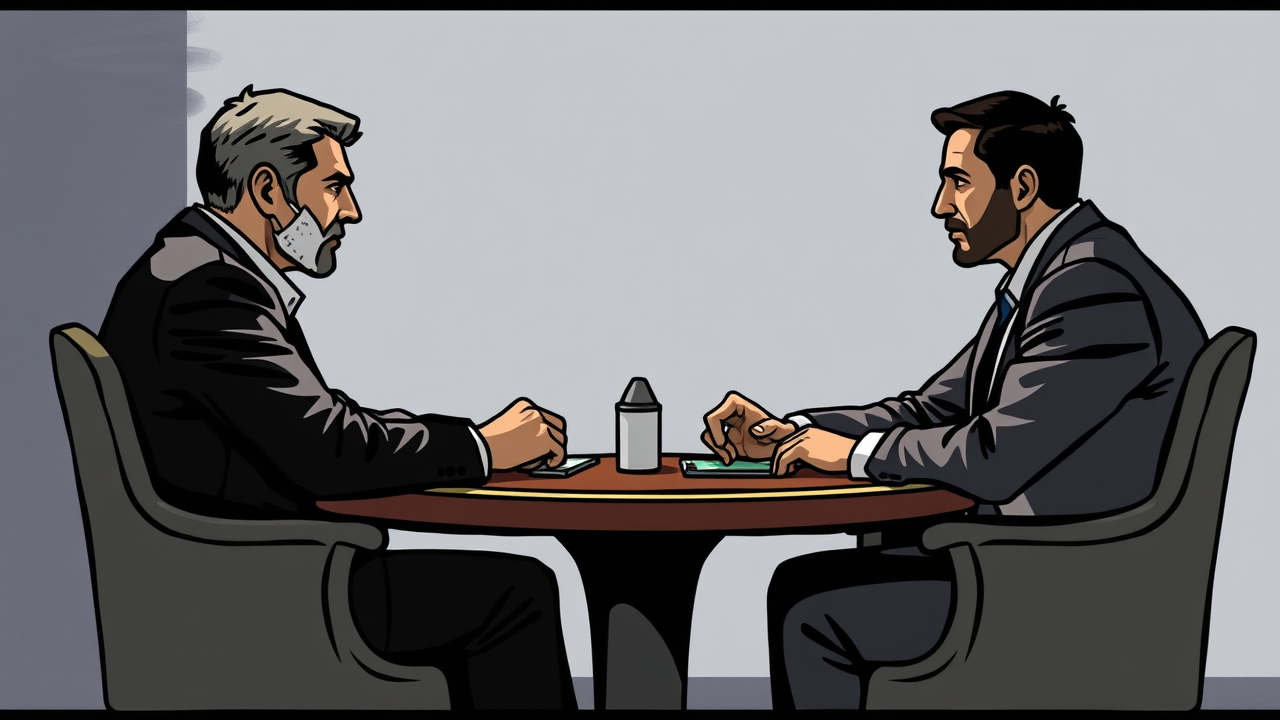The Art of Negotiation: A Structured Approach with Real-World Examples


Negotiation is both an art and a science, requiring a balance of strategy, psychology, and ethical considerations. A successful negotiation fosters trust, value-driven outcomes, and lasting relationships.
Whether you’re engaging in a high-stakes business deal, discussing contract terms, or even navigating everyday interactions, mastering negotiation skills can lead to stronger professional and personal relationships. Many assume negotiation is about winning, but in reality, it is about creating solutions that benefit all parties involved while maintaining integrity and mutual respect. Below is a structured approach to refining negotiation tactics, now enhanced with real-world examples and insightful quotes.
- Preparation: Laying the Groundwork
Before entering a negotiation, thorough preparation is essential. This involves:
- Understanding Objectives: Clearly defining your goals and desired outcomes.
- Researching Counterparties: Identifying their interests, constraints, and potential objections.
- Developing a Strategy: Establishing key talking points, alternatives, and potential concessions.
- Anticipating Challenges: Preparing responses to potential roadblocks, ensuring adaptability.
Quote on Preparation:
“Information is a negotiator’s greatest weapon.” — Victor Kiam
Case Study: Hospital Budget Allocation
Hospitals often face budget constraints when negotiating funding for new equipment or staff. A hospital administrator preparing for negotiations with stakeholders must analyze financial reports, assess patient needs, and anticipate objections from board members. By presenting data-driven arguments and alternative solutions, they can secure funding while balancing financial sustainability.
- Engagement: Building Rapport and Trust
Effective negotiation hinges on meaningful engagement. This phase focuses on:
- Active Listening: Demonstrating genuine interest in the other party’s concerns.
- Framing the Conversation: Positioning the discussion in a way that highlights mutual benefits.
- Managing Emotions: Maintaining composure and responding thoughtfully to challenges.
- Establishing Credibility: Showing expertise, reliability, and a willingness to create fair solutions.
Quote on Engagement:
“One of the best ways to persuade others is by listening to them.” — Dean Rusk
Case Study: Physician Contract Negotiation
A physician negotiating their employment contract with a hospital must engage in discussions that highlight mutual benefits. By actively listening to the hospital’s concerns about budget constraints while advocating for fair compensation and work-life balance, they can reach an agreement that benefits both parties.
- Collaboration: Creating Win-Win Solutions
Negotiation should not be a zero-sum game. The collaboration phase involves:
- Exploring Interests: Identifying shared goals and areas of alignment.
- Problem-Solving: Brainstorming creative solutions that satisfy both parties.
- Leveraging Value: Highlighting the long-term benefits of cooperation.
- Understanding Trade-Offs: Recognizing when compromises lead to better overall outcomes.
Quote on Collaboration:
“True negotiation takes place when each side respects the other, and their point of view, and enters into the discussion positively.” — Tony Buzan
Case Study: Healthcare Policy Negotiation
During healthcare policy negotiations, government officials and medical professionals collaborate to create policies that improve patient care while maintaining cost efficiency. By identifying shared interests—such as reducing hospital readmissions—they can develop solutions that benefit both healthcare providers and policymakers.
- Commitment: Securing Agreements and Follow-Through
A successful negotiation concludes with clear commitments. This includes:
- Clarifying Terms: Ensuring all parties understand and agree on the final terms.
- Documenting Agreements: Formalizing the negotiation outcomes in writing.
- Maintaining Relationships: Following up to reinforce trust and future collaboration.
- Ensuring Execution: Monitoring progress and addressing any concerns post-agreement.
Quote on Commitment:
“The single most powerful tool for winning a negotiation is the ability to get up and walk away from the table without a deal.” — Paul Gauguin
Case Study: Medical Equipment Procurement
Hospitals negotiating with medical equipment suppliers must ensure clear contractual agreements regarding pricing, delivery timelines, and maintenance services. By documenting terms and maintaining open communication, they can prevent disputes and ensure smooth implementation.
Final Thoughts
Negotiation is far more than persuading someone to accept your terms. It requires preparation, engagement, collaboration, and follow-through. A structured approach ensures negotiations are ethical, effective, and beneficial for all parties involved.
A good negotiator doesn’t just win; they create lasting partnerships and favorable outcomes by fostering trust, maintaining professionalism, and demonstrating adaptability. Whether refining your negotiation skills for business, sales, leadership, or personal interactions, embracing these principles will enhance your ability to navigate complex discussions and achieve favorable results.
Bibliography
- Harvard Law School. High Stakes Negotiations in the Healthcare Industry. Retrieved from here
- George Washington University. Negotiation Tactics for Healthcare Business Leaders. Retrieved from here
- American Academy of Family Physicians. Negotiation for Physicians: Practical Strategies to Improve Bargaining Success. Retrieved from here
- Health Works Collective. Negotiation Strategies for Hospitals and Doctors to Implement. Retrieved from here
- Harvard Law School. Teach by Example with These Negotiation Case Studies. Retrieved from here
- A-Z Quotes. Top 25 Negotiation Quotes. Retrieved from here





